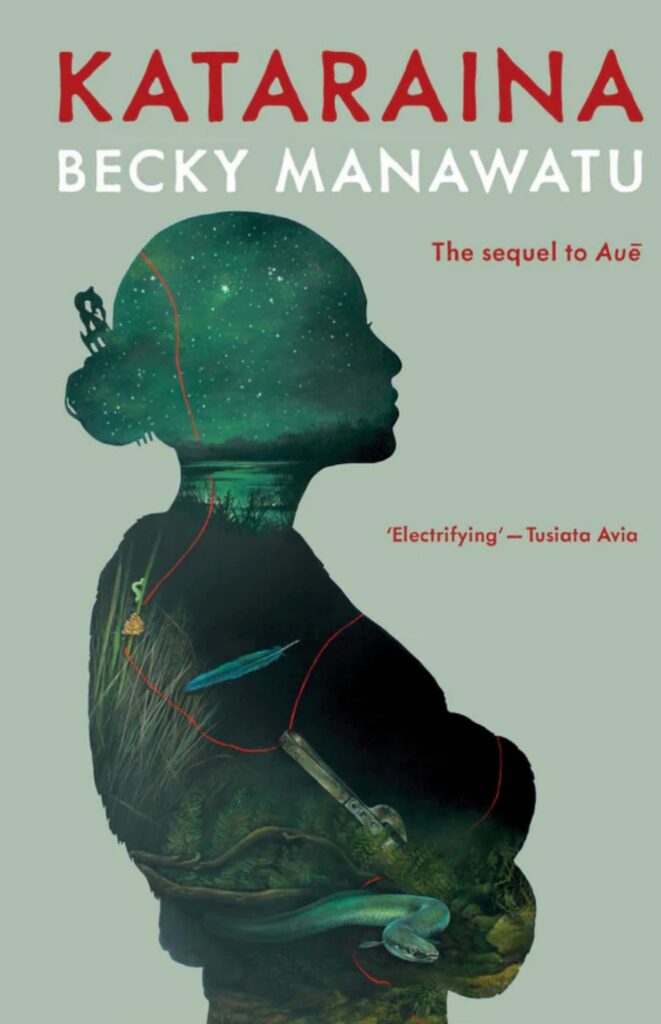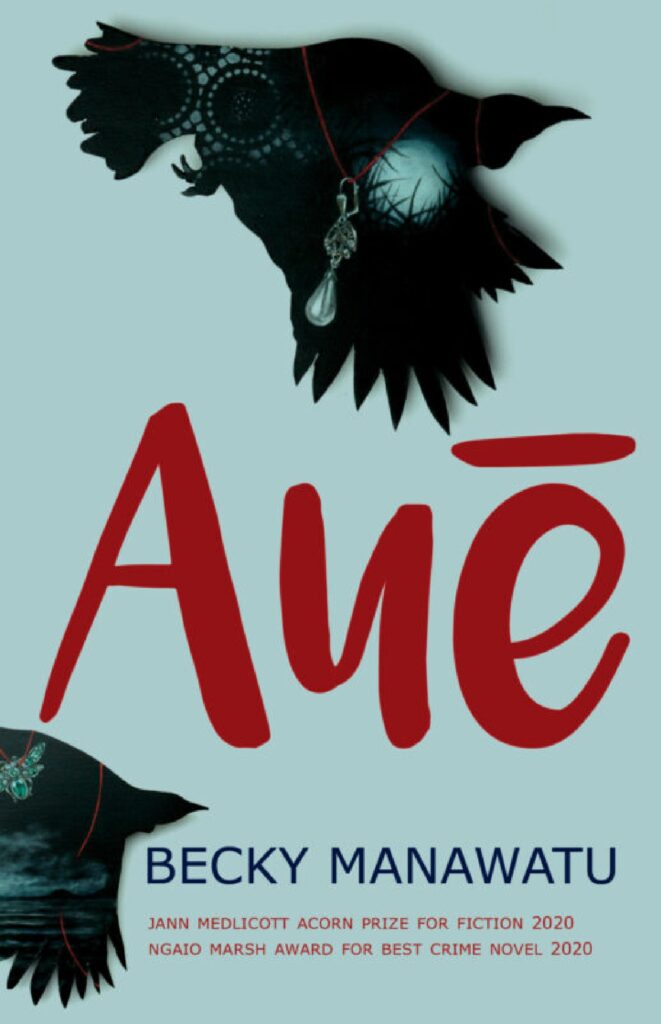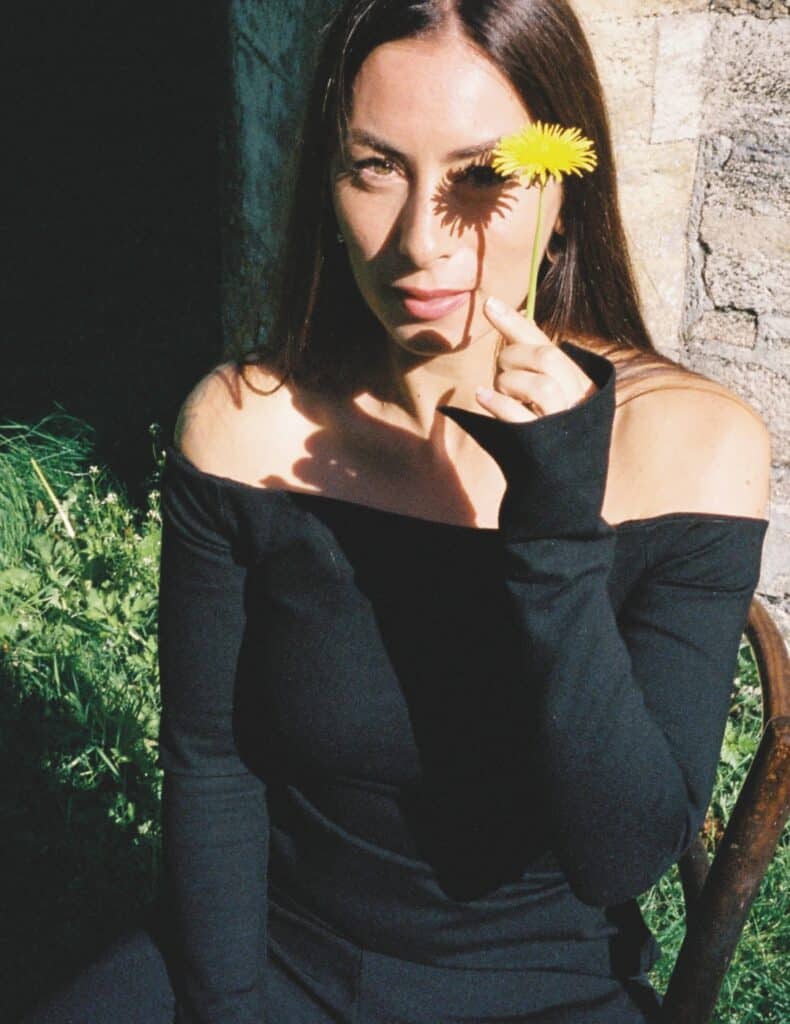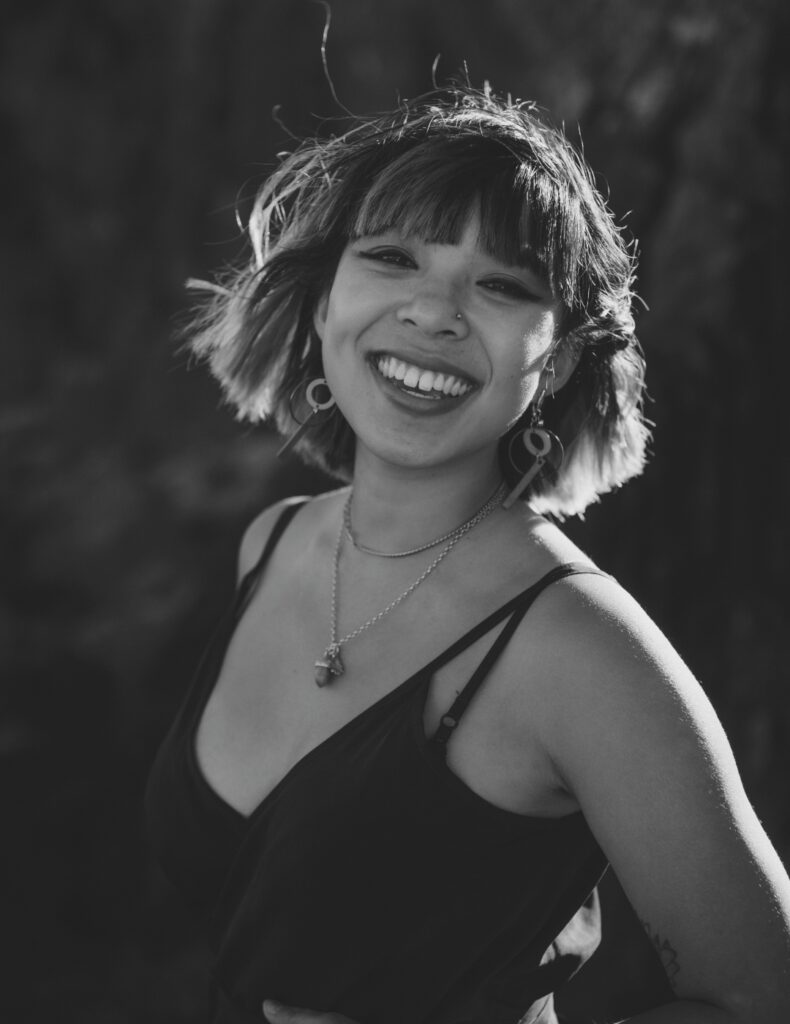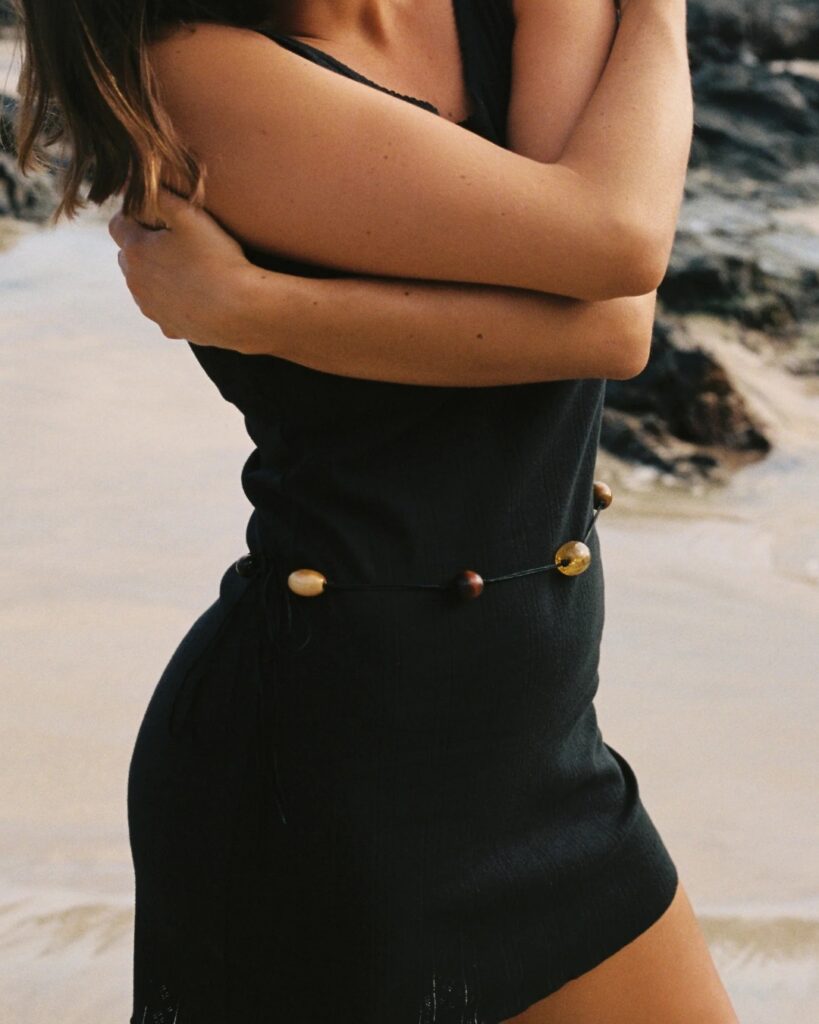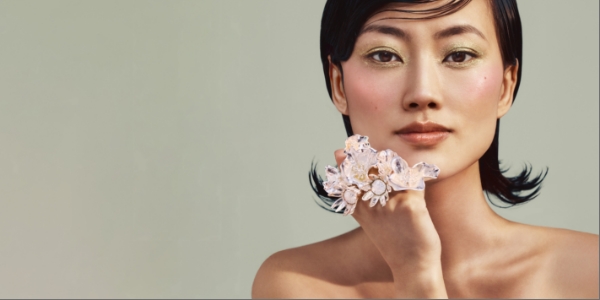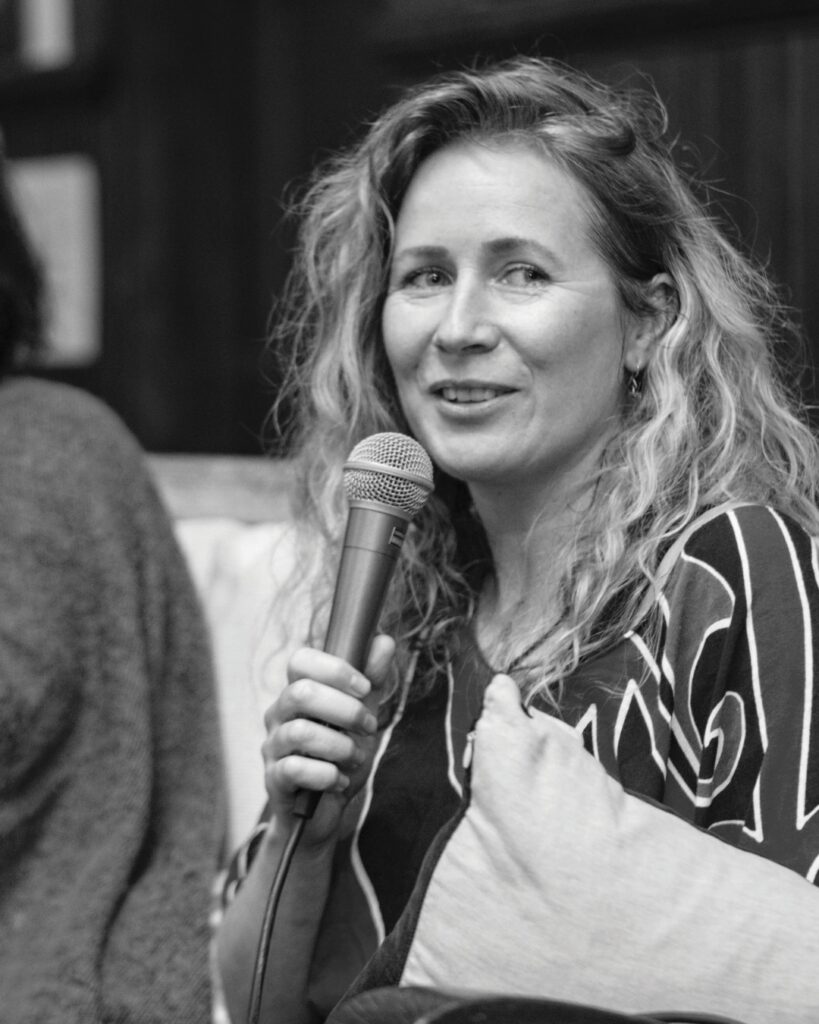
We sit down with the acclaimed Westport author to talk about her latest novel Kataraina, the sequel to her award-winning bestseller Auē. Since its September release, Kataraina has dominated fiction bestseller lists, drawing praise from all corners. Poet Tusiata Avia calls it “electrifying,” while bookseller Jenna Todd describes it as inseparable from Auē, saying she “can’t imagine one [book] without the other.”
Kataraina is the follow-up to the much loved Auē, what inspired you to write a sequel?
A main drive for returning to the work for me is the ‘relationship’ I have created with my characters. The love, or hope, I have for those that I want readers to develop love or hope for. It made it easy for me to get back to work, knowing what I knew about Aunty Kat but had not written in Auē.
Why did you want to tell the story of Ārama’s Aunty Kat?
She was really only perceived through the eyes of others, particularly Ārama and his friend Beth. I wanted a chance to help people understand why she behaved the way she did in Auē, some of her choices didn’t align with who she was. I wanted to explore that.
Auē has touched the hearts of many, both home and abroad, and reached critical acclaim. Tell us how your life has changed for you since the release of Auē?
My life has expanded exponentially. The people I have met, the opportunities I have been given, the conversations and new relationships I have been able to build. It has also been really special knowing that I have people who are interested in reading my work. When you first start writing a book, without having any idea if it will be read, it requires so much stamina and faith. I still need a fair bit of stamina and faith but it’s different now.
How did you navigate the pressures of writing a sequel to a book as loved as Auē?
I struggled. I wrote and wrote and deleted and deleted. Then I just went, hey, there are some readers who will be interested in whatever you try this time, there will be some that loved Auē that won’t be as into Kataraina, but just do your characters as much justice as you can, work hard for them, go hard for them. Don’t self-sabotage now. Get over yourself.
You have described Auē as a masculine book and Kataraina as feminine, could you explain why you feel the novels resemble these differences to you?
I guess it’s the energy of them. They really feel to me that they belong together. Auē is more plot-driven and Kataraina is very internal. I did not want to write a formulaic follow-up because that would have bored me as a writer. I think it’s really important writers stay true to what drives them first and foremost.
Who are these novels for?
My whānau first. I wrote Auē with the intention of grabbing my husband’s attention, as he is a non-reader. I wrote Kataraina for the women who loved Auē despite what the wāhine in the book endured. I dedicated it to my husband, though, because of his support. But I hope it is for women and men who care to understand something.
Words: Mandy Myles
Images: Supplied


